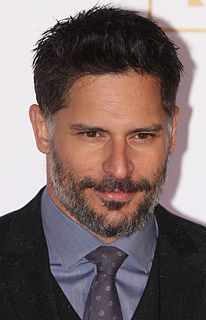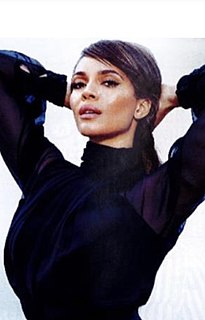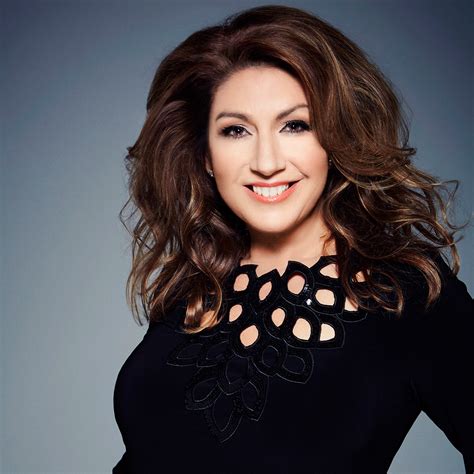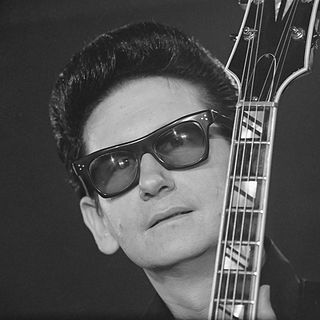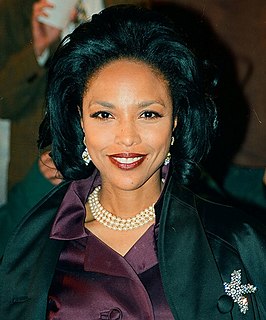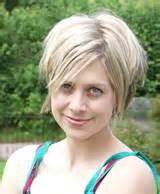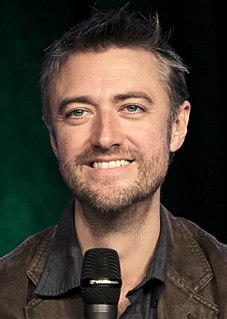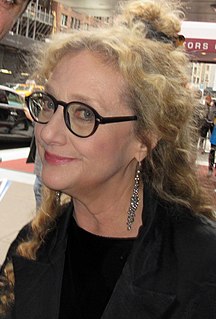A Quote by Joe Manganiello
David Ayer was put on my map, at that point, and I always kept note and clocked his career. When he started directing, I saw Harsh Times, I saw Street Kings and I saw End of Watch. I gave my agents a list of directors that I wanted to work with, and at the top of that list was David. I wanted to have that experience.
Related Quotes
I saw young women in the street dressing in a way that I thought was influencing the designers. Fashion was being influenced by all sorts of different people, and culture and also across the street. So I saw more as a trickle up, than a trickle down influence. When I came to Vogue, that's what I wanted it to reflect.
Phillip look into Ray's eyes. He saw compassion and hope. And he saw himself mirrored back, bleeding in a dirty gutter on a street where life was worth less than a dime bag. Sick, tired, petrified, Phillip dropped his head into his hands. "What's the point?" "You're the point, son." Ray ran his hand over Phillip's hair. "You're the point.
